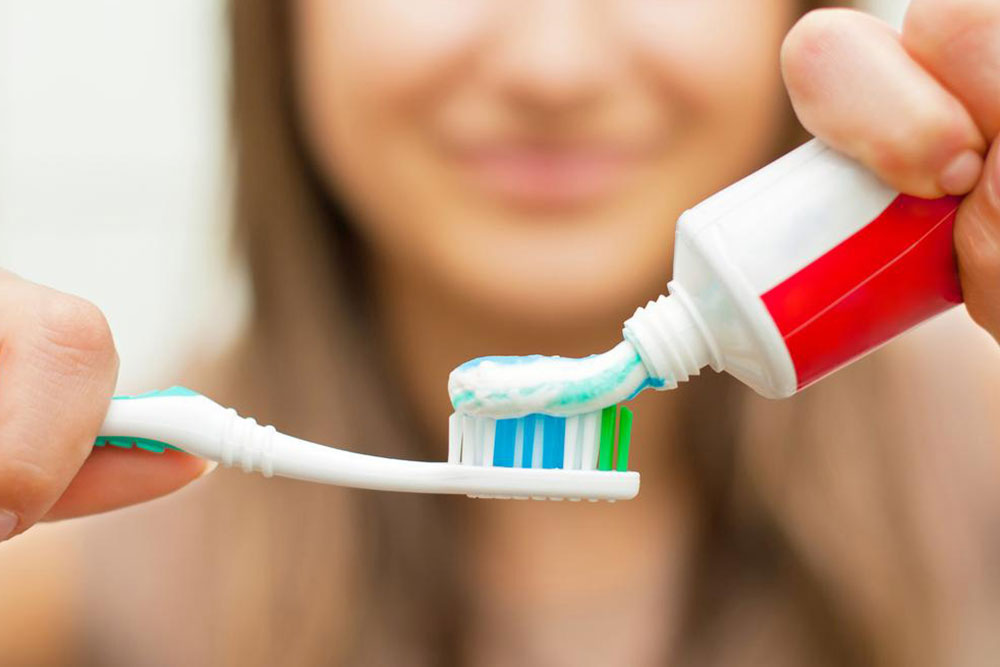Guide to Sensitive Teeth and Effective Whitening Toothpaste
Discover effective solutions for sensitive teeth and find the best whitening toothpastes to enhance your smile. This guide covers active ingredients, benefits, and top product recommendations to improve oral health and confidence. Perfect for those seeking relief from sensitivity and stains.
Sponsored

Understanding Sensitive Teeth and Selecting the Right Whitening Toothpaste
Comprehensive insights into sensitive teeth and whitening toothpaste
A radiant smile relies heavily on the brightness and health of your teeth. Consistent brushing is essential for maintaining oral hygiene. After trying various brands, finding the right toothpaste tailored to your needs can significantly improve dental health and boost confidence.
Different toothpastes possess unique ingredients and benefits aimed at specific dental concerns. Choosing the right one makes a noticeable difference.
Many ingredients in toothpaste support oral health. Here’s a look at common active components and their roles:
Why use anti-plaque toothpaste?
Do you notice a fuzzy feeling after missing brushing for a day?
This sensation is caused by plaque buildup.
Plaque is a sticky bacterial film that forms on teeth without proper cleaning.
It develops when sugars and starches contact teeth.
Unremoved plaque feeds bacteria, producing acids that lead to decay.
Toothpastes with anti-plaque agents help reduce plaque formation and bacterial buildup.
What about anti-tartar properties?
Calculus or tartar is hardened plaque that doesn’t rinse away easily.
It often requires professional removal during dental visits.
Ingredients like zinc citrate and pyrophosphate in toothpaste can slow tartar formation.
Dealing with teeth stains?
If you enjoy tea or wine, stains can develop over time.
Whitening toothpaste can brighten mildly stained teeth quickly.
These toothpastes contain abrasives and bleaching agents that fade surface stains over 2-3 months with consistent use.
What to do about sensitive teeth?
Tooth sensitivity can cause discomfort when eating or drinking hot, cold, or sweet foods.
It often results from receding gums, exposed dentin, or gum disease.
Using a toothpaste formulated for sensitive teeth can help.
Such toothpastes usually contain potassium nitrate, stannous fluoride, or strontium chloride to block nerve signals and reduce pain.
Additional ingredients in special toothpastes
Many brands include preservatives, flavoring, and binding agents to maintain texture and taste.
Whitening toothpastes often feature enzymes that target surface stains but aren’t effective on internal discoloration, which may require professional whitening.
For sensitive teeth, ingredients like strontium chloride and potassium nitrate are common for relief.
Top whitening toothpastes for sensitive teeth
Tom’s of Maine offers a natural, fluoride-free anti-plaque and whitening toothpaste made with silica, free from gluten and artificial chemicals. It refreshes breath while fighting tartar.
Activated Charcoal toothpaste, made from 100% natural ingredients, provides noticeable whitening results from the first week, strengthening enamel and reducing stains caused by smoking or coffee.
Sensodyne Pronamel Gentle Whitening restores natural whiteness while protecting softened enamel, reducing sensitivity and removing stains over time.
Select the best whitening toothpaste suited for sensitive teeth to achieve a healthier, brighter smile.






